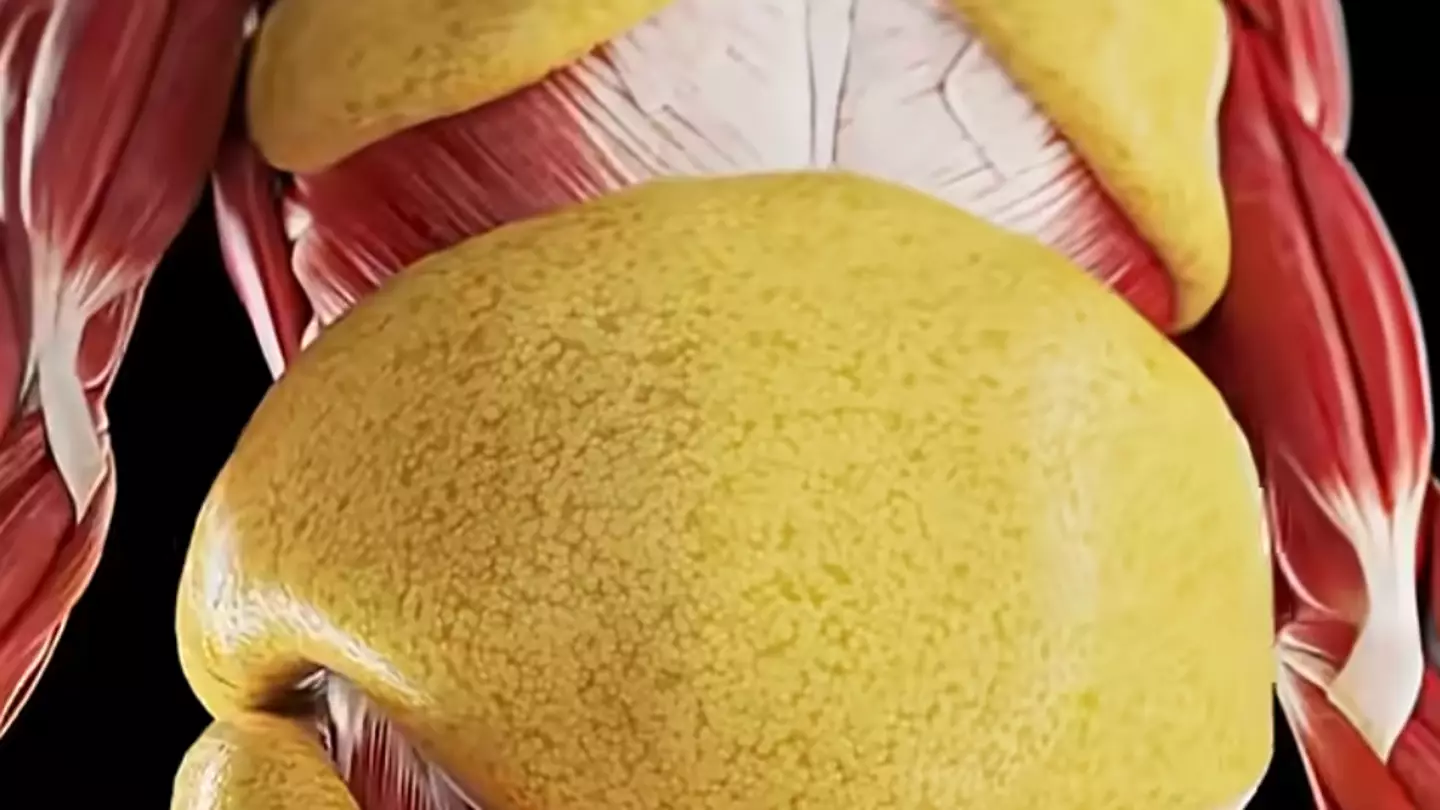
A simulation has visualised what really happens to your body if you choose to fast for 24 hours.
You've probably heard of intermittent fasting as one of many social media trends that have done the rounds for people to lose weight.
Giving all three meals in a day a miss in a bid to slim down might be a step too far for many health nuts, but you'd be surprised at how many people have taken the method on.
But would you be surprised to learn that humans in the past were used to irregular meals?
Advert
It sounds like a daunting prospect, as in yesteryear, our ancestors would make do when food wasn't available.
This forced them to fast for long periods of time, a concept that might seem alien to the majority of the modern population.

Food is available from various sources nowadays, as Dr Vicki Catenacci, a nutrition researcher from the University of Colorado noted: “This has shifted our eating patterns.
“People now eat, on average, throughout a 14-hour period each day.”
Advert
So, what happens when we forgo our regular meals and fast for a 24-hour period to do a 'deep repair' on our body?
Well, people usually try to do this in an effort to clear dead cells, regenerate tissues, and even boost metabolism in a full biological reset over the course of a day.
Four hours of fasting
According to a simulation from GrowFit Health on YouTube, you may start to feel a little hungry as your body stops digesting food, causing your insulin levels to drop.
Your body will then start burning stored sugar as an energy source, starting the first of several processes.
Eight hours of fasting
Blood sugar levels start to run low, so your body resorts to using glycogen from storage as energy.
Advert
Things might start to get more difficult here, despite only being a third of the way through.
12 hours of fasting
This is when your body enters mini-ketosis mode, which is where the body produces and uses ketone bodies, essentially turning fat into fuel.
According to Healthline, this can result in decreased appetite and weight loss, but also fatigue.

16 hours of fasting
After two thirds of the 24-hour period, autophagy begins and your body begins to consume its own tissue, by recycling and breaking down damaged cells and toxins.
Advert
It has plenty of health benefits, such as getting rid of nonfunctional cell parts, and even removing viruses and bacteria, according to Cleveland Clinic.
While a moderate level of autophagy takes place during fasts of between 12 and 16 hours, you really want to avoid food for between 24 and 48 hours to get the full benefit.
You may be desperate for that meal, but it's only one sleep away.
24 hours of fasting
After 24 hours, this is when 'deep repair' mode takes place, as fat becomes your main fuel.
Advert
Inflammation in the body decreases as your sensitivity to insulin improves, in what could prove to be a healthy method for your body in the long-term.
Topics: Health, YouTube, Food And Drink